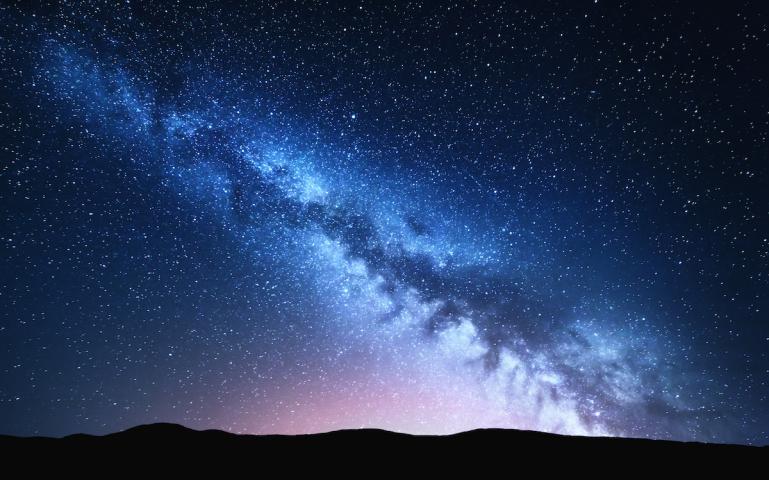Reflection Question: "How can light pollution affect not just our view of the night sky but also our ecosystems? What can be done to mitigate it?"
Meaningful Action: Participate in a local 'Lights Out' event to reduce light pollution or simply switch off unnecessary lights in your home for an evening.
Back to Climate Change Ambassador Program
What are Dark Sky Places, and what are International Dark Sky Parks? Can light pollution be reversed? Join us as we shed some light on why we are losing our dark skies, how a lack of darkness is impacting the world, and the ways in which every individual can make a difference when it comes to light pollution through this article course.
Light pollution
We may not be able to touch it, but this form of unnatural illumination is causing some serious environmental impacts. In most populated areas, true nighttime no longer exists. Instead, the artificial lights of humanity cast an eerie glow into the sky. This disruption in natural light patterns blocks out stars, disrupts wildlife, and has even been linked to adverse impacts on human health.
Luckily, this form of pollution is completely reversible, and taking part in the dark skies movement does not mean you will have to give up on using artificial light at night. There are plenty of simple ways for individuals from across the globe to make a difference when it comes to managing light pollution, and you may even gain a new appreciation for the power of the natural night sky along the way.
Keep reading to discover why the preservation of dark sky areas and the reversing of light pollution is so important!











